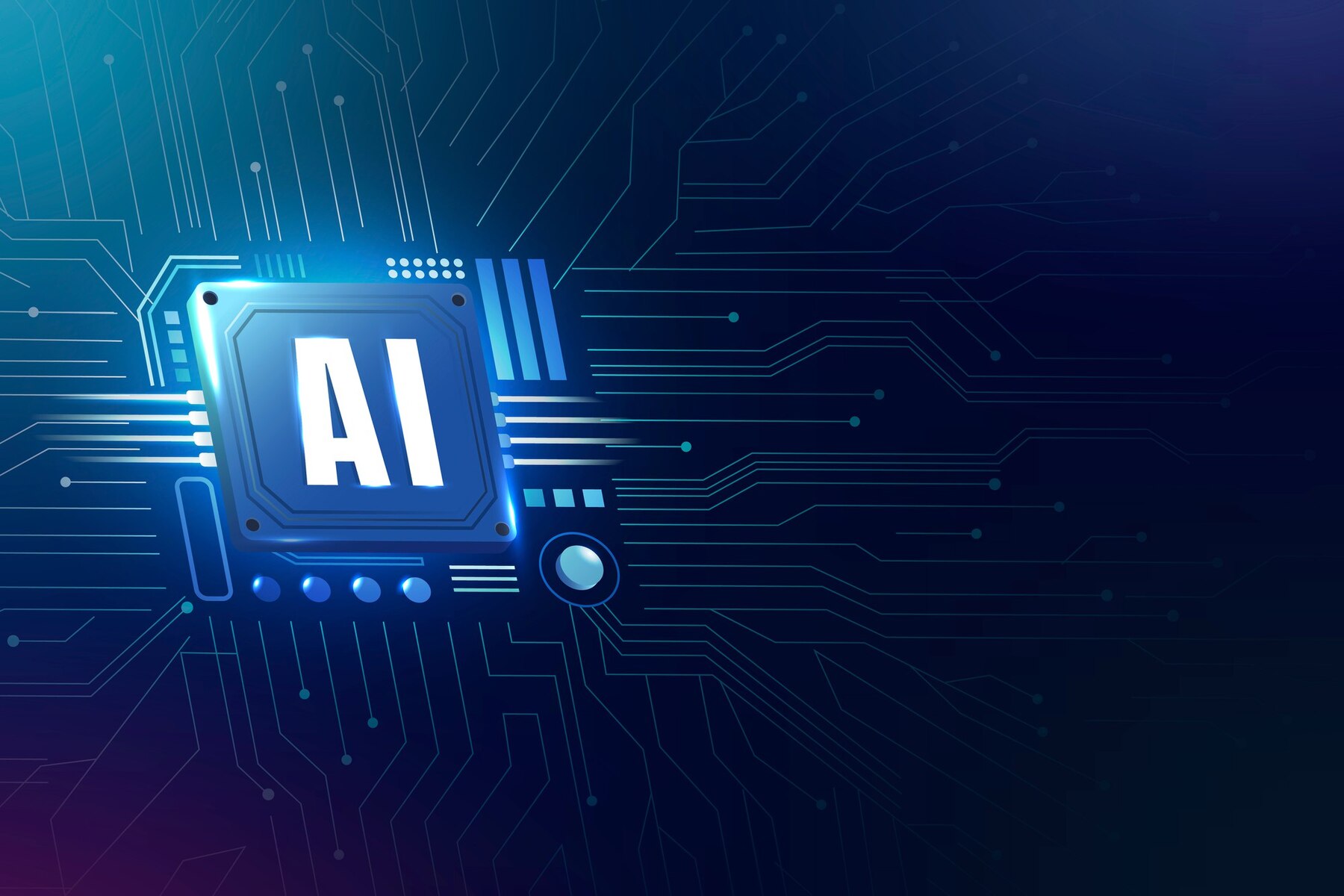
James Robinson, the advertising chief at Cardiff-based Hello Starling, has witnessed this increasing craze. An increasing number of job applicants are relying on their own AI-generated content in their application materials. According to Robinson, who recently detailed these experiences on LinkedIn, most of those applications are “infected with AI-generated sentences.” This announcement has inspired passionate debates among industry executives. Educators have started to chime in on how the increased use of AI for hiring could play out.
The dramatic increase in AI-generated job applications has led to responses from all sides. Megan Cooper, a careers advisor at Cardiff Metropolitan University, is already helping students. That’s one of the reasons I think ethical use of AI should be prioritized in these applications, she says. She stresses that as much as AI can help people enhance their cover letters, it should only supplement — and not replace — “human judgement.”
“Maybe it’s asking AI to help read a cover letter that they have already written to help refine it and help it sound a little bit more eloquent.” – Megan Cooper
AI as a Necessity for Job Seekers
Beyond Cardiff, Metropolitian University students are now more likely to be required to show knowledge of Generative AI within their applications. Timothy Mitchell, a second-year computer security student at the university, calls the use of AI “a necessity.” That reason shouldn’t prevent school systems from embracing AI tools — not using them, he claims, is “cheating themselves,” especially in such a tight job market.
“Everybody uses it. Tutors use it, employers use it.” – Timothy Mitchell
The debate has reached further beyond academia, with a growing number of employers voicing frustration over the legitimacy of applications. Jacob Morgan, another professional impacted by AI-generated content, highlighted the challenge of distinguishing between genuine applicants and those using AI-generated phrases.
“They’re often saying things like ‘my skills align with your organisation’s objectives and goals'” – Jacob Morgan
“[It is] very difficult for me to try and work out who is real, versus which ones are robots.” – Jacob Morgan
A new survey found that almost one in two UK job seekers have used AI in their job search. It’s a staggering number that highlights our increasing dependence on these types of tools. Jasmine James, a university education student, noticed the temptation of AI, especially for its quick, easy, and impressive features. She was concerned about the risks that presented, especially in terms of plagiarism dangers.
“But I can understand why people do use it, because it is a quicker and easier alternative.” – Jasmine James
AI has the potential to make the application process more efficient. Both educators and employers seem to believe that it needs to support, rather than replace, human creativity and judgment. A partner at Journey to Leadership, Megan Cooper knows that the best applications are the ones where true authenticity and uniqueness can shine.
“What humans are best at is the creative stuff and creating new things. And AI, by principle, can’t think beyond what it’s been taught.” – Timothy Mitchell
What The Author Thinks
While AI can certainly enhance the job application process by offering more efficient tools, it’s critical that it supports, rather than replaces, human creativity and authenticity. The rise of AI-generated content raises concerns about the quality and legitimacy of job applicants, which can ultimately undermine hiring practices and lead to the selection of unsuitable candidates.
Featured image credit: sompoch sivakosit via Vecteezy
Follow us for more breaking news on DMR
